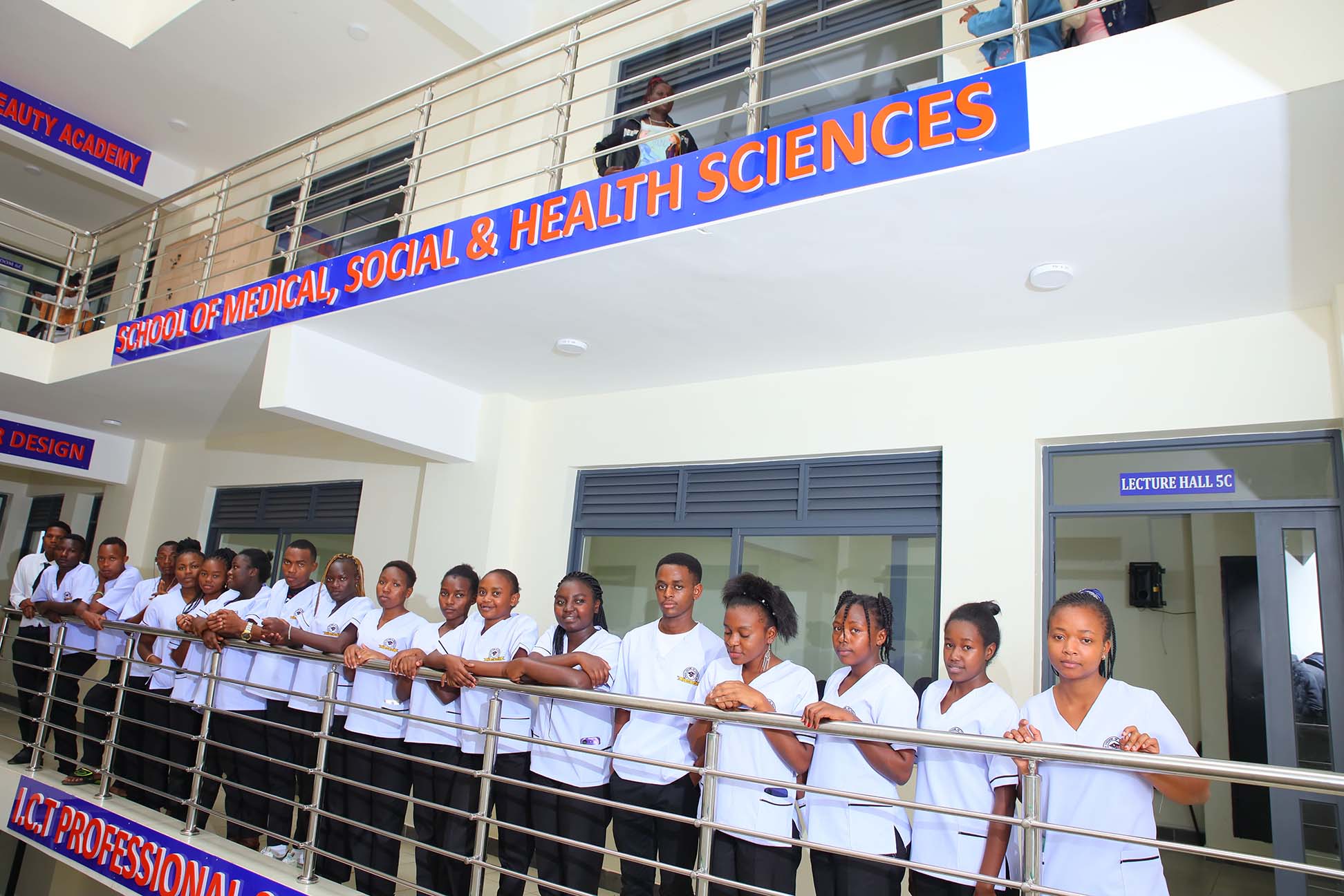
Since the initial identification of HIV and AIDS, the world has made significant advancements in this area: from developing medication which can limit/reduce the impact of HIV/AIDS to creating awareness and social acceptability of those effected.
Education, health practices and cultural awareness are just some of the key elements which make up the management of HIV/AIDS, and these new ABMA qualifications provide learners with a rounded understanding of the background of the subject as well as the knowledge of current and future needs in order to be effective in the sector.
The content provides the latest thinking on HIV and AIDS management and will enable our learners to positively impact the wider sector and help contribute to the continuing advancements being made.
HIV/AIDS is a global problem effecting communities and nations all over the world. HIV/AIDS Management has been developed in response to continued requests from the industry, from students and from universities for a course that enhances understanding of the impact that HIV/AIDS virus has on a local community and and tackles complex themes and issues that affect millions of people worldwide. A career in HIV/AIDS management will be rewarding and challenging and will involve liaising with national and international governments, global NGO?s and charitable organizations as well as addressing the very real needs of a local community faced with such issues.
HIV/AIDS Management focuses on the necessity of successful management in communities affected by HIV/AIDS. With units addressing social and financial development, community empowerment and community development, the student will gain a unique understanding of the relevant issues regarding the management of HIV/AIDS including effective use of resources and education as well as the social response to HIV/AIDS.
Objectives of Professional HIV-AIDS Management
The ABMA course, HIV-AIDS Management, is structured across three Diploma levels providing the student with skills and knowledge from a basic understanding of the issues through to an advanced level and an operational and managerial approach to dealing with HIV-AIDS problems. This enables the student to work within a variety of professional disciplines such as international development, health and social care. A career in HIV-AIDS management will give the individual a significant role to play in the fight against HIV-AIDS in their local community, their nation and the wider global community.
What you will study
Level 4 Diploma
- Overview of HIV, AIDS and AIDS-related Illnesses
- Infection Control and Conditions Related to HIV and AIDS
- Prevention and Treatment of HIV, AIDS and AIDS-related Illnesses
- Impact of Politics, Attitudes, Values and Beliefs on HIV Projects
- Introduction to Management and Leadership Skills
Level 5 Diploma
- HIV Through the Lifespan
- Communities and HIV, AIDS and AIDS-related Illnesses
- Roles in Communities Affected by HIV, AIDS and AIDS-related Illnesses
- HIV-related Counselling, Health Promotion and Health Education
- Key Issues in HIV and AIDS Management
Level 6 Diploma
- The Global Context of HIV and AIDS Management
- HIV and AIDS Management in Africa
- Leadership and Management
- Managing Innovative HIV and AIDS Projects
- Future Directions for HIV and AIDS Management
Related articles
-

A Guide to Civil Engineering Degree and Diploma Programs in Kenya
08-Nov-2025 -

Electrical Engineering in Kenya: A 2025 Guide for KCSE Graduates
08-Nov-2025 -

Mechanical Engineering in Kenya: A 2025 Guide for KCSE Graduates
08-Nov-2025 -

Engineering Courses in Kenya: A Guide for 2025 KCSE Graduates
08-Nov-2025 -

Education Pathways in Kenya — From Basic Education to Tertiary | College Guide
06-Nov-2025 -

The Bird and the Mirror: A Reflection on Identity, Perception, and Illusion
07-Feb-2025
Colleges offering Professional HIV-AIDS Management

Thika Town
Experts Business College

Thika Town
Jodan College of Technology

Thika Town
Jodan College of Technology

Likoni
Nairobi Aviation College

Thika Town
Mt Kenya University

Likoni
Skynet Business College

Thika Town



